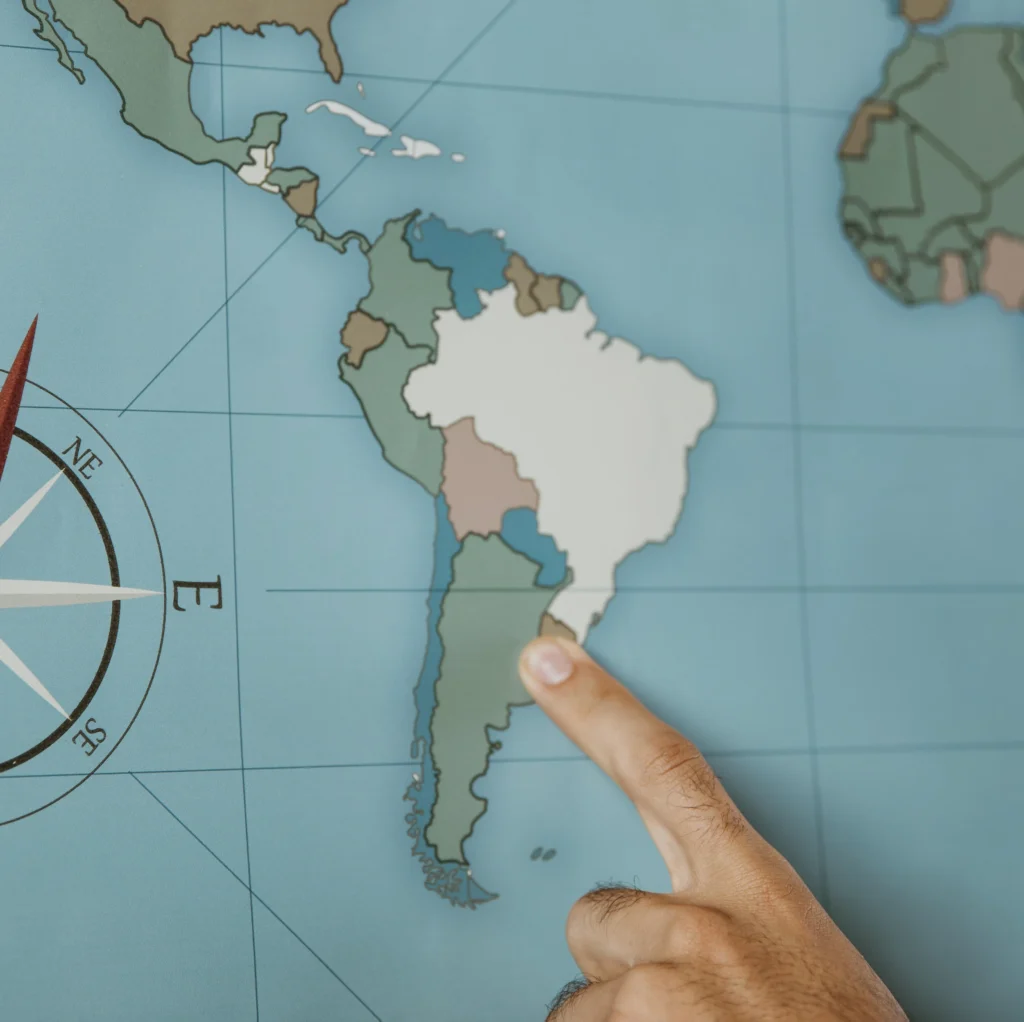Chess in Latin America: History and Prospects
18/02/2023 - Actualizado: 01/05/2023
Chess has been played in Latin America for centuries, yet its popularity has only recently surged thanks to a growing interest in the game's strategic depth and competitive nature. Today, chess tournaments and events dot the calendar throughout the region, attracting enthusiasts of all ages and backgrounds. In this article, we will delve into the history of chess in Latin America and examine the prospects for its continued growth and development.
Chess in Latin America: History and Prospects - Exploring the Game Across the Continent
The History of Chess in Latin America
Chess history in Latin America dates back to the early 16th century when Spanish conquistadors introduced the game to the indigenous population. However, it wasn't until the 19th century that the game started gaining popularity in the region. Since then, many countries in Latin America have developed a rich chess culture with local clubs, tournaments, and national associations established. Despite facing challenges such as lack of funding and resources, the game continues to thrive in Latin America, and the region is home to some of the world's top chess players.
The Current State of Chess in Latin America
The current state of chess in Latin America is promising, with new initiatives and projects aiming to promote the game and encourage participation. Many countries in the region have established chess federations and host local and international events, including the annual Latin American Championship. Moreover, numerous young players are emerging from Latin America, and their talent is receiving recognition worldwide. However, the region still faces some challenges, such as the need for more educational resources to help children learn the game and increase accessibility to training opportunities in remote areas.

Prospects for Chess in Latin America
The prospects for chess in Latin America are positive, with many projects and initiatives targeting younger generations and underrepresented communities. Schools and universities in the region have started implementing chess programs, recognizing the game's benefits for critical thinking and problem-solving skills. Also, chess is becoming increasingly accessible through technology, with online platforms offering training and educational resources for players across the region. As a result, the region is expected to produce many more exceptional players in the future, contributing to the global chess community.
The Role of Latin America in the Global Chess Community
Latin America plays a significant role in the global chess community, with the region's players and organizations making valuable contributions. Many of the world's leading players come from Latin America, and the region has produced numerous champions in various categories. Additionally, Latin American chess federations are active members of the World Chess Federation, participating in world events and contributing to the development of the global chess community.
Challenges and Opportunities for Chess Organizers in Latin America
Chess organizers in Latin America face various challenges when organizing events and promoting the game. These challenges include limited resources, funding, and lack of support from local authorities. However, with challenges come opportunities, and organizers can leverage technology to reach a broader audience and create more inclusive and accessible events. Additionally, sponsors and partnerships with local businesses can help increase funding for events and attract more players to the game.
Frequently Asked Questions
What is the History of Chess in Latin America?
Chess has been played in Latin America since the arrival of the Spanish colonizers, who brought the game with them in the 16th century. However, it was only in the 19th century that organized chess tournaments started to take place in the region. The first Latin American chess championship was held in 1889 in Rio de Janeiro, Brazil. Since then, chess has become a popular and respected sport in Latin America, producing several world-class players, such as Jose Raul Capablanca from Cuba and Miguel Najdorf from Argentina.
What is the Current State of Chess in Latin America?
Despite the rich history and talent pool, chess in Latin America still faces several challenges. One of the main obstacles is the lack of resources and support for the development of young players. Many talented chess players struggle to find adequate coaching, equipment, and funding for travel to tournaments. Another challenge is the lack of centralized organization and communication among different countries and regions, making it difficult to coordinate events and foster a sense of community among chess players and enthusiasts.
What are the Prospects for Chess in Latin America?
Despite the challenges, there are several positive signs for the future of chess in Latin America. Many countries have begun to invest more resources into developing the sport, with initiatives such as introducing chess in school curriculums and creating new competitive leagues and events. Additionally, the rise of online chess platforms has made it easier for players to connect and play with others from around the world, providing more opportunities for exposure and growth. With continued dedication and support, Latin America has the potential to become an even greater force in the world of chess.
What are the Benefits of Playing Chess?
Chess has been proven to offer many benefits beyond just being a fun and engaging pastime. Studies have shown that regular chess play can improve cognitive function, memory, problem-solving, and decision-making skills. It can also promote patience, perseverance, and sportsmanship, as well as provide a sense of community and social connection. Chess has also been used as a therapeutic tool for individuals with conditions such as ADHD, anxiety, and depression. In short, chess is a game that can benefit people of all ages and backgrounds in a variety of ways.
In conclusion, the rich history of chess in Latin America serves as a promising foundation for future growth and development of the game in the region. With the rise of young and talented players and the support of governmental and private organizations, the prospects for chess in Latin America are bright. Chess has the potential to not only improve problem solving and critical thinking skills, but also to promote cultural exchange and international cooperation. As such, it is crucial for the chess community to continue to invest in the development of the game in Latin America and to nurture the next generation of chess players.
⭐️ If you want to know more about other articles similar to Chess in Latin America: History and Prospects you can visit our category Chess History. We are waiting for you inside 👍


Leave a Reply